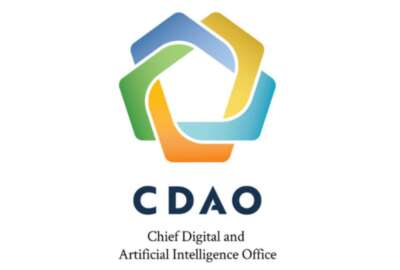
Cloud Exchange: Perspectives on digital cloud transformation
This discussion with Juliana Vida, group vice president and chief strategy advisor for the public sector at Splunk, and Jeremy Rissi, Splunk's global vice president...
The pandemic forced many changes, and some of them were positive in that it accelerated initiatives federal agencies wanted to finish in the first place. Among them: information technology modernization. In some cases, transformational investments already made paid off quickly.
A case in point, according to Juliana Vida, the group vice president and chief strategy advisor for the public sector at Splunk, is the Census Bureau. With the 2020 national count occurring at the height of the pandemic, the bureau had to rule out much door-to-door contact.
“Thankfully, they had already planned for that,” Vida said on Federal News Network’s Cloud Exchange. “They had already decided to make the investments in digital transformation, and some modernized technologies.”
Splunk, she said, helped the bureau ensure the data it collected remained secure by monitoring its networks and analyzing cyber threats.
The pandemic also forced a pivot to telehealth and electronic health care delivery. In many ways, health care has become a data-driven activity, and an opportunity.
“We think there’s a tremendous opportunity for healthcare organizations to think differently, given the move to cloud and given the data opportunities that cloud presents,” said Jeremy Rissi, Splunk’s global vice president for the public sector. Cloud-hosted data platforms offer the potential for greater visibility into data holdings, and how systems are performing.
“What really is important is how you parse through the data that these systems are generating, not collecting the data,” Rissi said.
Rissi and Vida argue that cloud data strategies must include a focus on understanding what data matters the most in terms of mission value and therefore the need for security. Splunk’s acquisition of TruStar, a cloud-native platform that classifies data, “helps our agency customers to make better decisions about what data is important. That is the next generation of consideration in healthcare and cloud computing,” Rissi said.
As agencies think about the next generation of service delivery, there’s a sense of both urgency and positive excitement within agency leaders that’s hasn’t always been present.
“I see and hear a lot more leaders talking about — once they realize what they have done already leveraging their data — what else can they do?” Vida said. “You start to get data in, and you want to do one thing with it. Let’s say, build a modern security operation center. And then you realize, Oh my gosh, we can also make our hiring system more effective. We can predict the performance of people in the military by looking at data. And there’s so many other things that can be done with data once people start realizing the benefits.”
Copyright © 2024 Federal News Network. All rights reserved. This website is not intended for users located within the European Economic Area.
Tom Temin is host of the Federal Drive and has been providing insight on federal technology and management issues for more than 30 years.
Follow @tteminWFED





